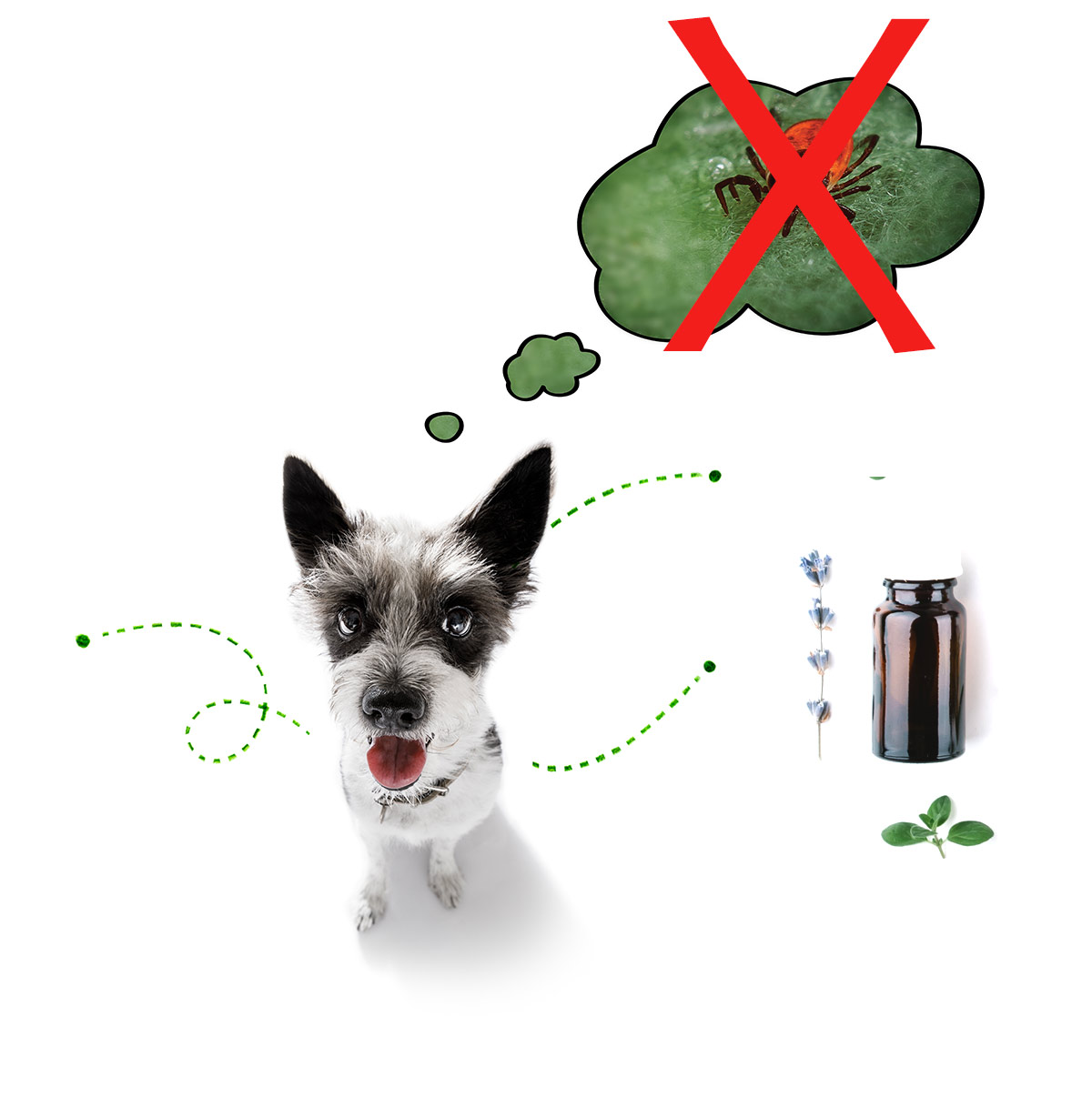Ticks are becoming a bigger problem year after year
Ticks
Ticks belong to the spiders, more precisely the mites. The female hatches several hundred to several thousand eggs in the ground during her lifetime. The larvae must necessarily receive some blood for development, and without the host, they cannot transform into an adult animal. Most ticks await the host at some exposed site (eg at the top of a grass plant). When the host passes by, they are detected by the receptors and and the ticks go on them quickly.
Your pet can get ticks in both rural and urban environments, such as in the woods, meadows, fields, parks, gardens, walking paths, home yards,… Ticks usually prefer to attach to areas where the skin is thin such as around the ears, face and abdomen.
At the attachment site, they can cause skin irritation and infection. If the tick is removed by force, parts of the head can remain in the skin and cause infection. The tick can stay on your pet for up to 10 days.
Ticks are becoming a bigger problem year after year. In Slovenia, the incidence of ticks infected with borreliosis is the highest in Europe. In addition to borreliosis, they also transmit anaplasmosis and babesiosis. Tick diseases are sometimes curable, sometimes only manageable, in some cases animals can have life-threatening consequences. Late-diagnosed and more severe forms of the disease can end in death, so it is extremely important to prevent diseases by protecting animals from ticks.
Repellent action of essential oils
Essential oils are obtained by steam distillation or cold pressing from various parts of plants, such as flower, leaves, bark, roots, resin or seeds. For a long time, essential oils were only used to treat people, but this is no longer the case. Owners looking to find an alternative to chemical parasites are increasingly resorting to products that contain quality essential oils.
Many essential oils have an extremely repellent (repelling ticks before they suck on the dog) action, especially effective are essential oils that contain citronellal: citronella essential oil, lemongrass essential oil and lemon eucalyptus essential oil. The essential oils of lavender, geranium, thyme, pine, peppermint, etc. also have a repellent effect. The oil of the neem plant is also worth mentioning, since insects really don`t like it.
Essential oils are therefore a very good and effective alternative to chemical preparations against ticks, but it should be emphasized once again that they must be of good quality and in a suitably small quantity so that the animals are not irritated. Arava Essential Oils







